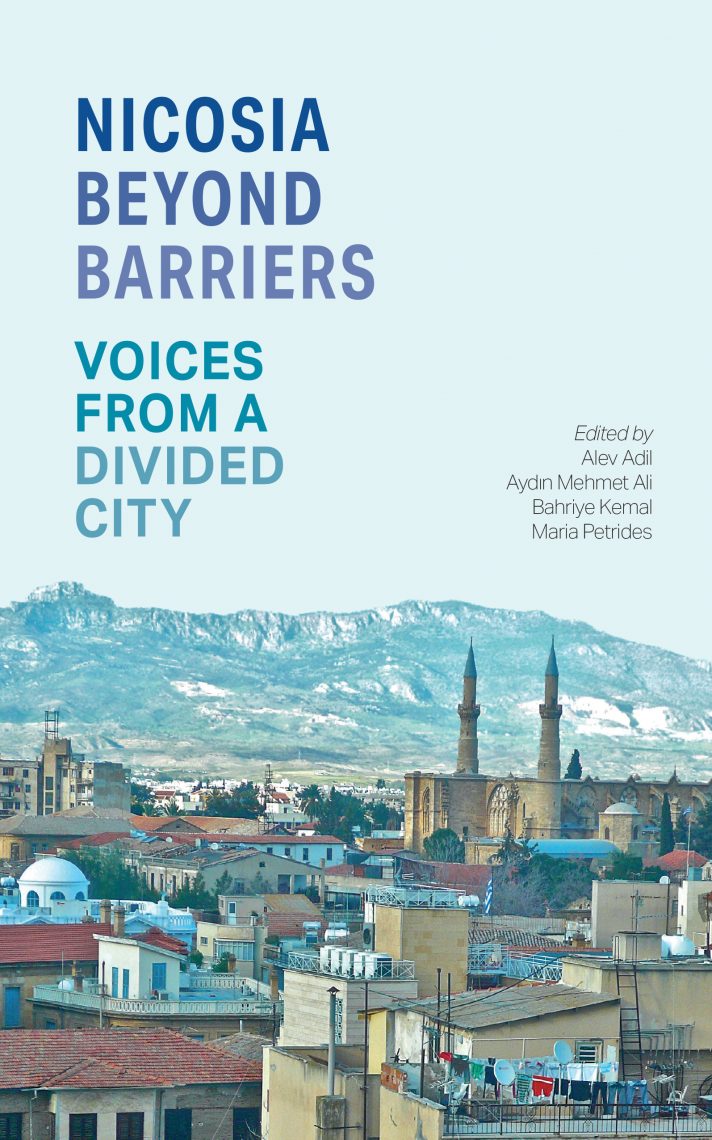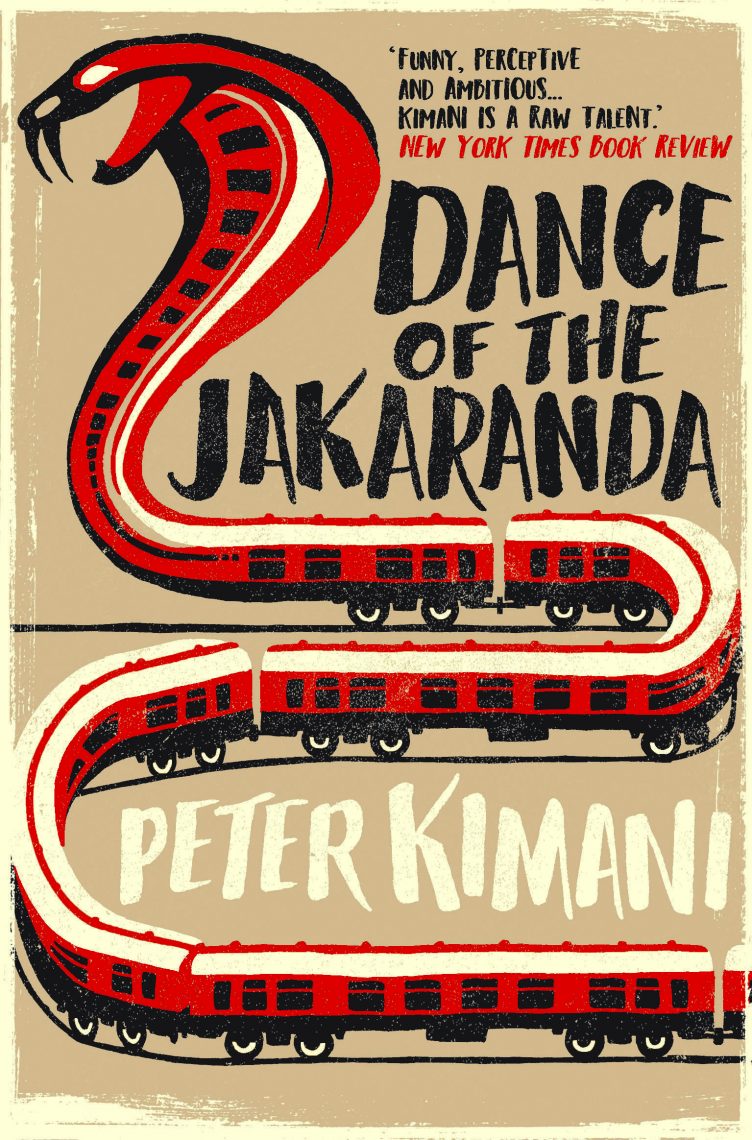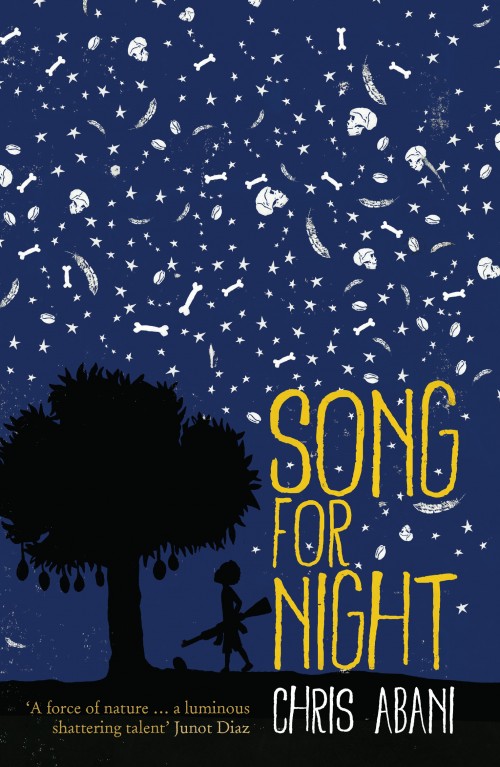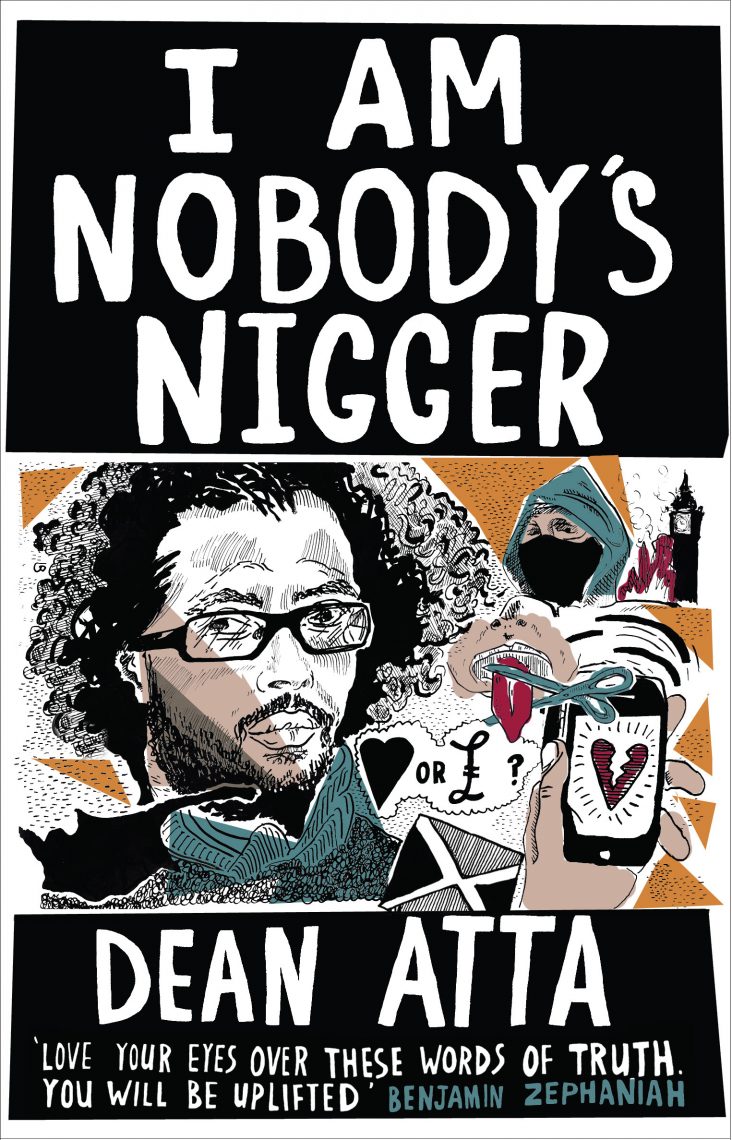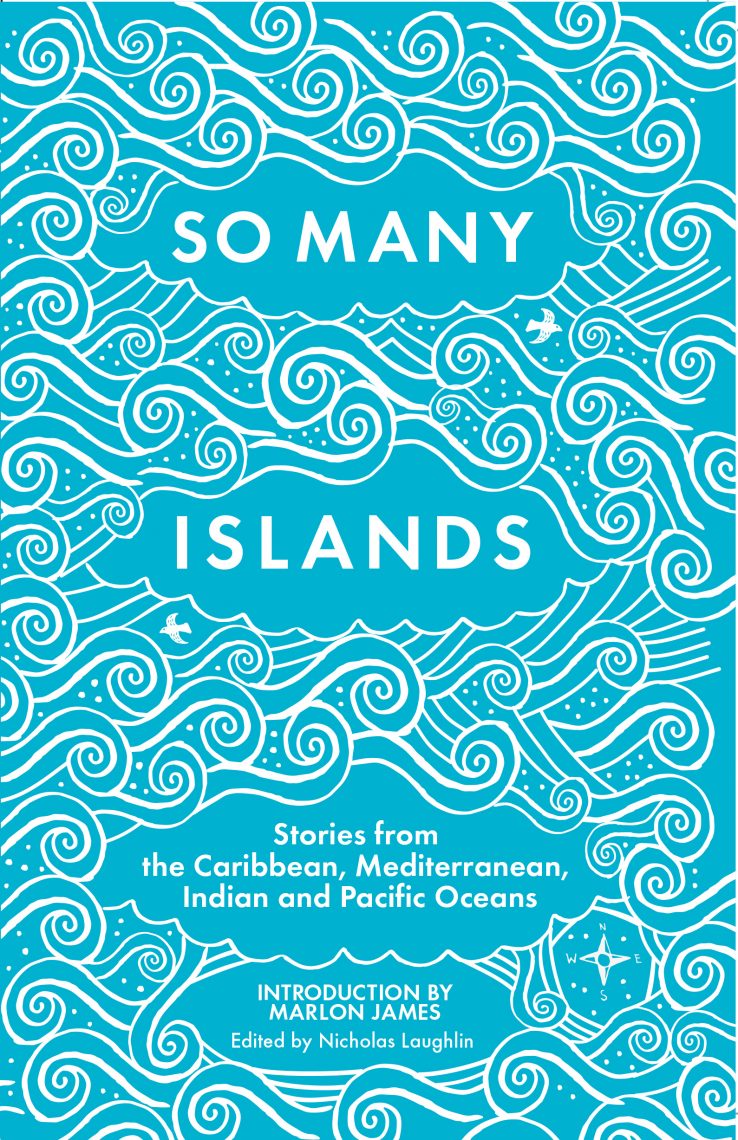
So Many Islands
Stories from the Caribbean, Mediterranean, Indian and Pacific Oceans
Edited by Nicholas Laughlin
Introduction by Marlon James
About the Book
So Many Islands breaks out bold new writing from the distant shores of countries in the Caribbean, Mediterranean, Indian and Pacific oceans. Here you will find poems about revolution and protest. You will be transported to Marakei, ‘the women’s island’, and join the battle to save a beached whale. Alongside family politics, So Many Islands tackles nuclear testing and climate change – global issues that are close to the heart of these precariously poised communities. Giving voice to their challenges and triumphs, these writers create a vibrant portrait of what it is like to live and love on the small islands they call home. Readers everywhere will find universal connections with their words and worlds.
Antigua and Barbuda, Barbados, Bermuda, Cyprus, Grenada, Jamaica, Kiribati, Malta, Mauritius, Niue, Rotuma (Fiji), Samoa, Singapore, Saint Lucia, Saint Vincent and the Grenadines, Tonga, Trinidad and Tobago
Mikoyan Vekula (Niue – Cook Islands), Emma Kate Lewis (Malta), Kendel Hippolyte (St. Lucia), Cecil Browne (St Vincent & The Grenadines), Fetuolemoana Elisara (Samoa), Erato Ioannou (Cyprus), Tammi Browne-Bannister (Antigua & Barbuda), Mere Taito (Rotuma), Tracy Assing (Trinidad & Tobago), Marita Davies (Kiribati), Heather Barker (Barbados), Angela Barry (Bermuda), Melanie Schwapp (Jamaica), Damon Chua (Singapore), Sabah Carrim (Mauritius), Jacob Ross (Grenada)
About the Contributors
Nicholas Laughlin is the editor of the Caribbean Review of Books and Caribbean Beat and programme director of the Bocas Lit Fest, an annual literary festival held in Trinidad. His poetry, essays and reviews have been widely published. His debut collection of poems, The Strange Years of My Life was published in 2015 by Peepal Tree Press. He lives and works in Trinidad & Tobago.
Reviews
‘Here are stories that don't shatter taboos so much as ignore them in the first place.’ Marlon James, Winner of the 2015 Man Booker Prize
